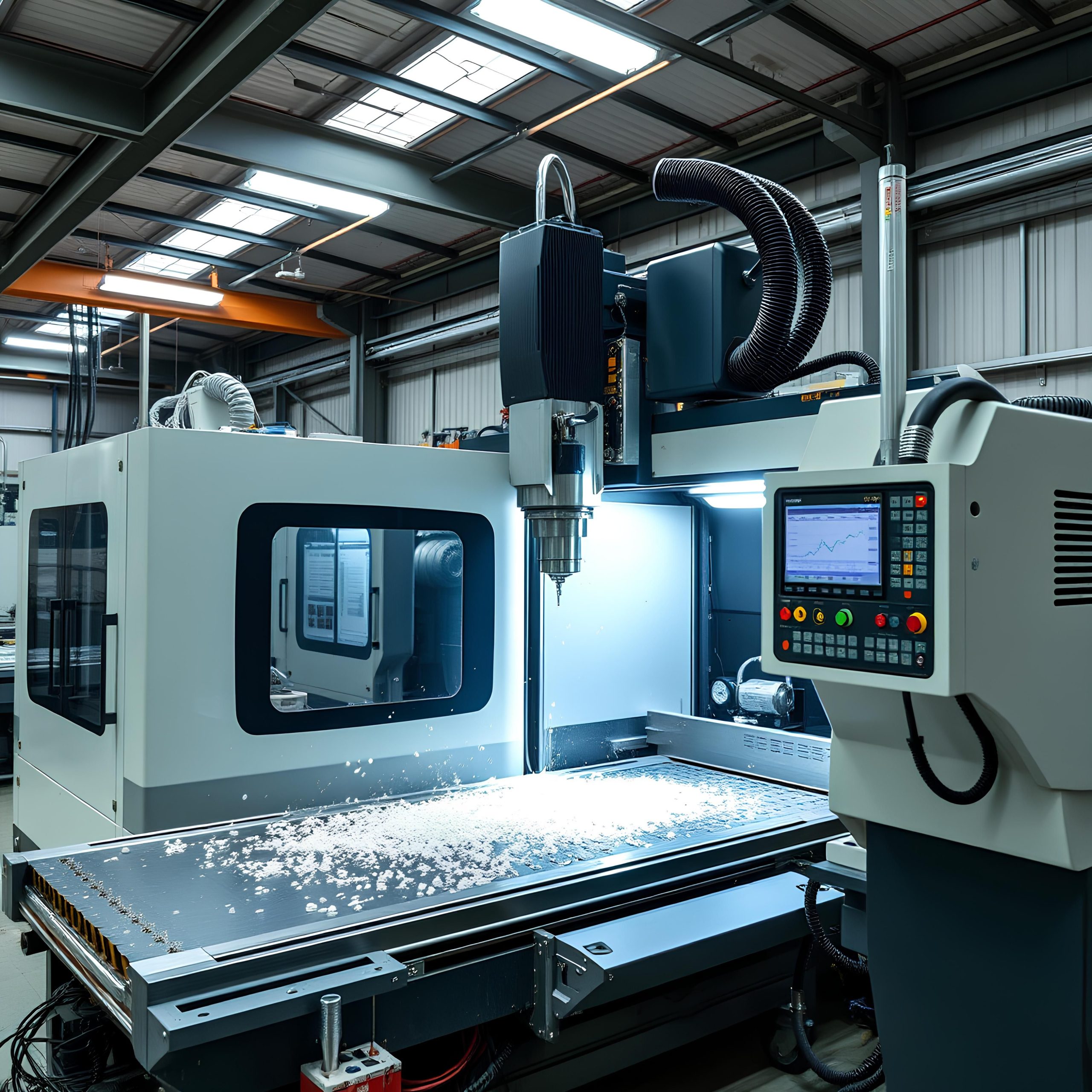Precision Machining Services: Achieving Tight Tolerances with Expert Tapping Techniques
26 September 2024
Precision machining services offer expert tapping techniques to create components with exceptional accuracy and consistency, achieving tight tolerances.
Precision machining services are essential for industries requiring components with exceptional accuracy and dimensional consistency. One critical aspect of precision machining is tapping, which involves creating threads in holes to facilitate fastening and assembly. Expert tapping techniques are crucial to achieve tight tolerances and ensure the integrity of machined parts.
Understanding Precision Machining
Precision machining encompasses a range of processes that remove material from workpieces to create parts with precise dimensions and finishes. These processes often involve using computer-numerical control (CNC) machines to automate the machining process and enhance accuracy. Tapping is one of the many precision machining techniques used to create threaded holes in various materials, including metals, plastics, and composites.
The Importance of Tapping in Precision Machining Services
Tapping is a vital process in precision machining for several reasons, including:
• Fastening and Assembly: Threaded holes allow for secure and efficient fastening of components using bolts, screws, or other threaded fasteners. This ensures that parts remain firmly connected and can withstand the stresses of operation.
• Functional Requirements: Many mechanical components rely on threaded holes for their functionality, such as gears, bearings, and couplings. Threaded holes enable these components to rotate, transmit power, and support other moving parts.
• Aesthetics: Tapping can be used to create aesthetically pleasing features on machined parts. For example, threaded holes can be used to create decorative patterns or to provide a means for attaching handles or other accessories.
Expert Tapping Techniques for Achieving Tight Tolerances
Achieving tight tolerances in tapping requires a combination of skill, precision, and the use of appropriate techniques and equipment. Here are some key expert tapping techniques:
• Choosing the Right Tap: Selecting the correct tap size and type is crucial for achieving accurate threads. Factors to consider include the material being tapped, the desired thread pitch, and the depth of the hole.
• Using a Tap Wrench or Tap Chuck: A tap wrench or tap chuck provides the necessary torque and control for tapping operations. These tools help prevent tap breakage and ensure accurate thread formation.
• Applying Cutting Fluid: Cutting fluid is essential to reduce friction, heat, and chip formation during tapping. It also helps to extend tap life and improve surface finish.
• Maintaining Proper Alignment: Ensuring that the tap is perpendicular to the workpiece is vital for creating straight and accurate threads. Misalignment can lead to tapered or crooked threads.
• Using a Tap Handle: A tap handle provides better control and leverage, especially for larger taps or deep holes.
• Avoiding Over-Torquing: Over-torquing the tap can lead to thread damage or breakage. It is essential to apply only the necessary torque to create the desired threads.
• Regular Inspection: Periodically inspecting the tap for wear or damage is important to maintain accuracy and prevent defects.
Precision Machining Services: Your Partner for Expert Tapping
If your industry requires components with tight tolerances and precise threads, precision machining services with Kinetic Engineering can provide the expertise and technology needed to achieve your goals. By partnering with us, you can benefit from their experience, state-of-the-art equipment, and commitment to quality.
Optimised by: Netwizard SEO

